Lyndon faces NCAA sanctions for misapplied scholarships
Editor’s Note: Dylan is an Electronic Journalism Arts at Lyndon State College. This article is part of a collaboration with Basement Medicine to better represent our unified community.
As student athletes arrived on campus to begin their fall preseason, they would soon come to realize they would be dealing with much more than just the competition in their respective sports. Students were greeted with a message claiming they were ineligible for their upcoming season due to accepting an illegal scholarship.
The NCAA says that over the course of the last five years, Lyndon admissions counselors, some of whom also coached Lyndon teams, had been incorrectly distributing Leadership Scholarships to incoming student athletes. The scholarship was intended to be given out based on a student’s involvement in the community, along with accomplishments that made them leaders. However, due to some mistakes made on the paperwork, counselors working for Lyndon’s admissions staff had been assigning these scholarships based on a student’s athletic leadership, which is illegal at the Division 3 level.
All student athletes who were set to play for their respective teams this fall were called into a meeting. The news delivered at this meeting was that they had been given an illegal scholarship and, in accordance with the NCAA, were required to complete a mandatory 50 hours of community service to redeem their respective eligibilities.
“Our first and foremost concern is for the students,” said President Elaine Collins. “My reaction initially was, ‘How we can help our student athletes so they are not adversely effected?’”
Many of the student athletes questioned why they had to be punished with these community service hours because they unknowingly accepted an illegal scholarship. Dean of Students Jonathan Davis quickly interjected to answer this looming question.
“It’s part of the NCAA’s rules, and it’s part of what is so challenging for us to help out students,” said Davis. “We can’t repay the debt for them, no matter what they received for money. We can try and support them the best we can and, for some of the athletes that are doing community service, we can help to identify projects for them. They can choose to repay the money, but it’s an NCAA rule that we have to cooperate with.”
Davis did say that the students could decide to quit their respective teams, but many of those teams are struggling to keep their numbers, so student athletes who take this option could potentially effect teams.
The process to get all of the student athletes involved off of the ineligibility list has been a back and forth battle for not only Davis and Collins but for the Athletic Department as well.
“We’ve been filing appeals you know, to try at various levels to remove as many students as we can from these kinds of adverse implications. So we’ve been working very closely with the NCAA to share our side of the story, to underscore the fact that the students have had absolutely no knowledge of what was going on exactly, so we can get as many students out of this situation as possible,” stated Collins.
When asked about the exact number of students that remain unable to play for their respective teams, Collins said, “Of the 51 student athletes that were effected, 11 currently remain on the list of being unable to play.”
When asked why these 11 students remained on the list when about 40 had been removed, Collins said, “The students who were removed had other leadership accomplishments, so we could base the scholarships on the student’s other leadership accomplishments rather than on athletic leadership.”
“In those cases for the students who were removed, they were not awarded by an admissions staff member who was part of the athletic department,” said Davis. “The 11 who remain, were awarded by admissions staff members who also had roles in the Athletic Department.”
Those responsible for handing out these illegal scholarships, who played a dual role as admissions counselors as well as played a role as coach on one of the athletic teams at Lyndon, were Vincent Maloney, Sean Bliss, Greg Mehuron and Tom White.
President Collins went on to say that the Leadership Scholarship had been terminated in 2015, and has since been rolled into another scholarship that is strictly awarded based on a student’s GPA.
“The appeal process that is currently being done to get the remaining 11 students eligible should take about a week,” says Davis.
As Lyndon looks to rebound from this difficult situation, President Collins had one message.
“We’re very sorry this has happened to our student athletes,” she said. “We’re working extraordinarily hard and just around the clock to try to clean it up as quickly as possible, to try to cooperate fully with the NCAA and to ensure it will never happen again.”


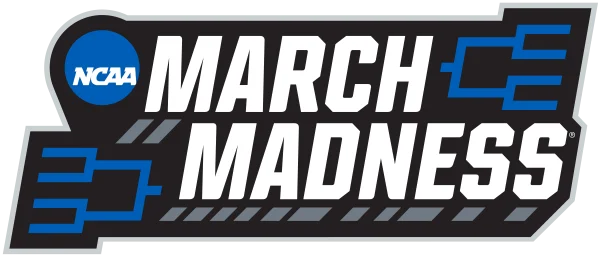
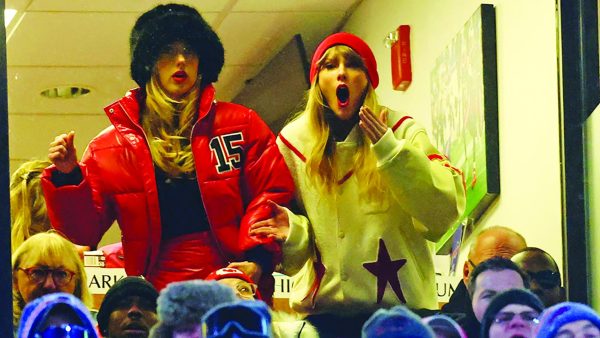
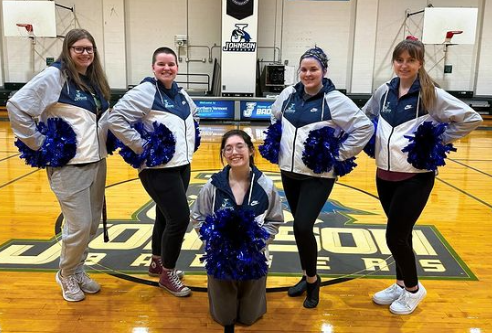
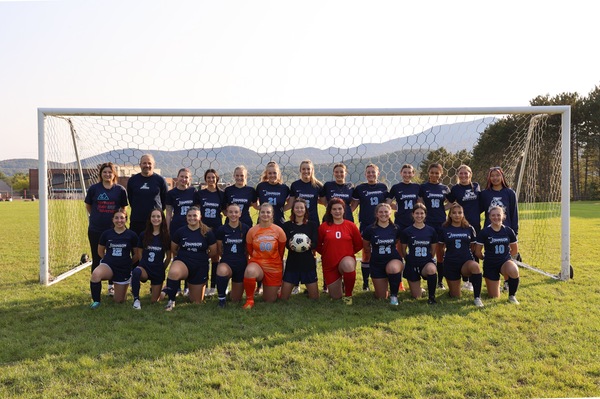
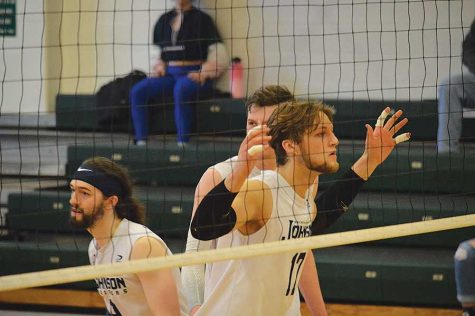
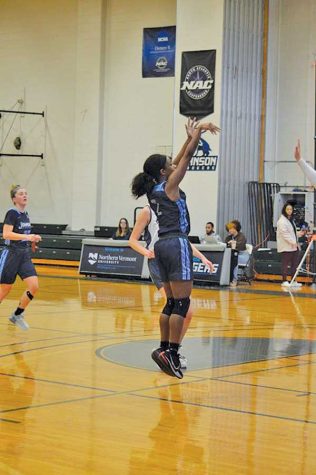
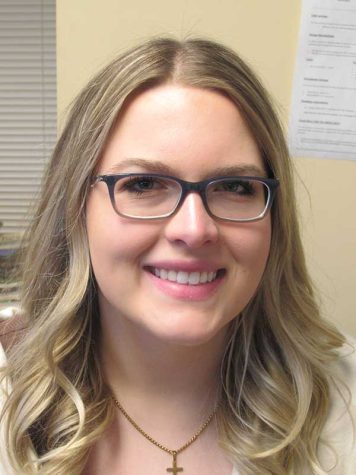
Allison • Oct 3, 2017 at 8:10 pm
Such a well written article. A really disappointing display of leadership from LSC administration in the admissions department. I wish more of a consequence was given to those members of administration.